Specialized Care in Dental Implants
At Yatton Dental, we specialize in transforming smiles with precision and care through our state-of-the-art dental implant services. We understand that choosing to get dental implants is a significant decision. That’s why we’re committed to providing exceptional quality in every aspect of our treatment.
Our team of dental professionals is highly trained and experienced in dental implants. We utilize the latest advancements in technology and techniques to ensure that every implant procedure is as comfortable, efficient, and effective as possible.
Comprehensive Dental Implant Package – £2,750
- Initial Consultation(Charged Initially £100): A thorough assessment of your dental health to ensure the best approach for your implant needs.
- CT Scan: Cutting-edge imaging to plan your implant with precision.
- Intra-oral Scan and Clinical Photos: Detailed visuals to guide every step of your treatment.
- Dental Implant: High-quality implant placement tailored to your oral structure.
- Bone Grafting (if required): Essential augmentation to ensure the stability of your implant.
- Zirconia Crown: A durable and aesthetically pleasing crown that complements your natural teeth.
- 8 Weeks Review: A follow-up to monitor healing and ensure the success of your implant.
Please note, the following services are not included in the package:
- Temporary crown
- Sinus lifting procedure
- Extensive bone grafting procedures

About Dr. Andrei Dinu
Andrei qualified as a dentist in 2005 and began practicing in a private dental clinic in Bucharest.
In 2007 Andrei completed a Post Graduate Program in Dental Implants with the University of Bucharest where he gained a fresh enthusiasum for dentistry.
Andrei then graduated with merits in both Masters of Science(MSc) in Oral Surgery and Dental Implants at the University of Central Lancashire.
Andrei’s primary focus is providing dental implants, aspects of oral surgery and advanced restorative treatments.
Since 2012 Andrei has been receiving dental implant referrals from other dental clinicians in several practices across the South West of England and Wales.
He is a strong believer in evidence based dentistry, frequently attends courses for continous professional development and keeps up to date with latest treatment protocols as part of his goal to provide the highest standard of care for his patients.
Andrei acted as a tutor for VSS Academy in partnership with the University of Central Lancashire in their Dental Implants MSc Programe, where he was teaching students the practical side of dental implants placement.
CONTACT OUR TREATMENT COORDINATOR
We can offer a range of solutions for your perfect smile. Just fill out the form below to arrange your consultation:
Our Treatment Coordinator's role is to use training and in-depth knowledge to inform and educate you, ensuring you can make informed decisions that are right for you.
This means that all our patients have someone to talk to, throughout their journey with us. Fill out the form and we'll get in touch.
HOW IS IT DONE?
HOW CAN THEY BE USED?
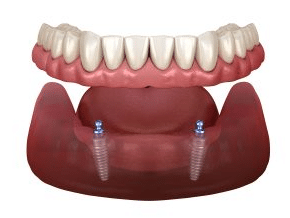
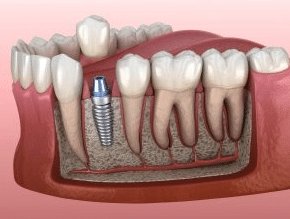
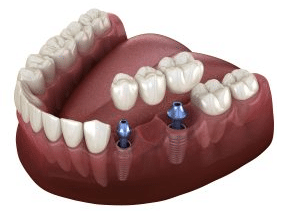
IS MY BONE STRONG ENOUGH TO TAKE AN IMPLANT?
The jaw bone is important when we talk about dental implants as it represents the supporting structure of the dental implant.
The dental implants come in various size, although a minimal amount of bone is necessary to allow for the dental implant to be placed.
In the cases of insufficient bone volume, bone grafting procedures are available as to enhance the bone volume and to allow for implant placement.
There are a variety of products that can be used for bone enhancement as:
- The patient’s own bone harvested from the other area of the mouth
- Animal (porcine/bovine) bone origin, that goes through a very rigorous sterilising procedure and serving as a matrix or scaffold and induce natural human bone growth
- Artificial bone substitute
- Platelet rich factors (PRF) which uses the patient’s blood to create a stable blood clot enriched with growth factors that are meant to regenerate the bone.
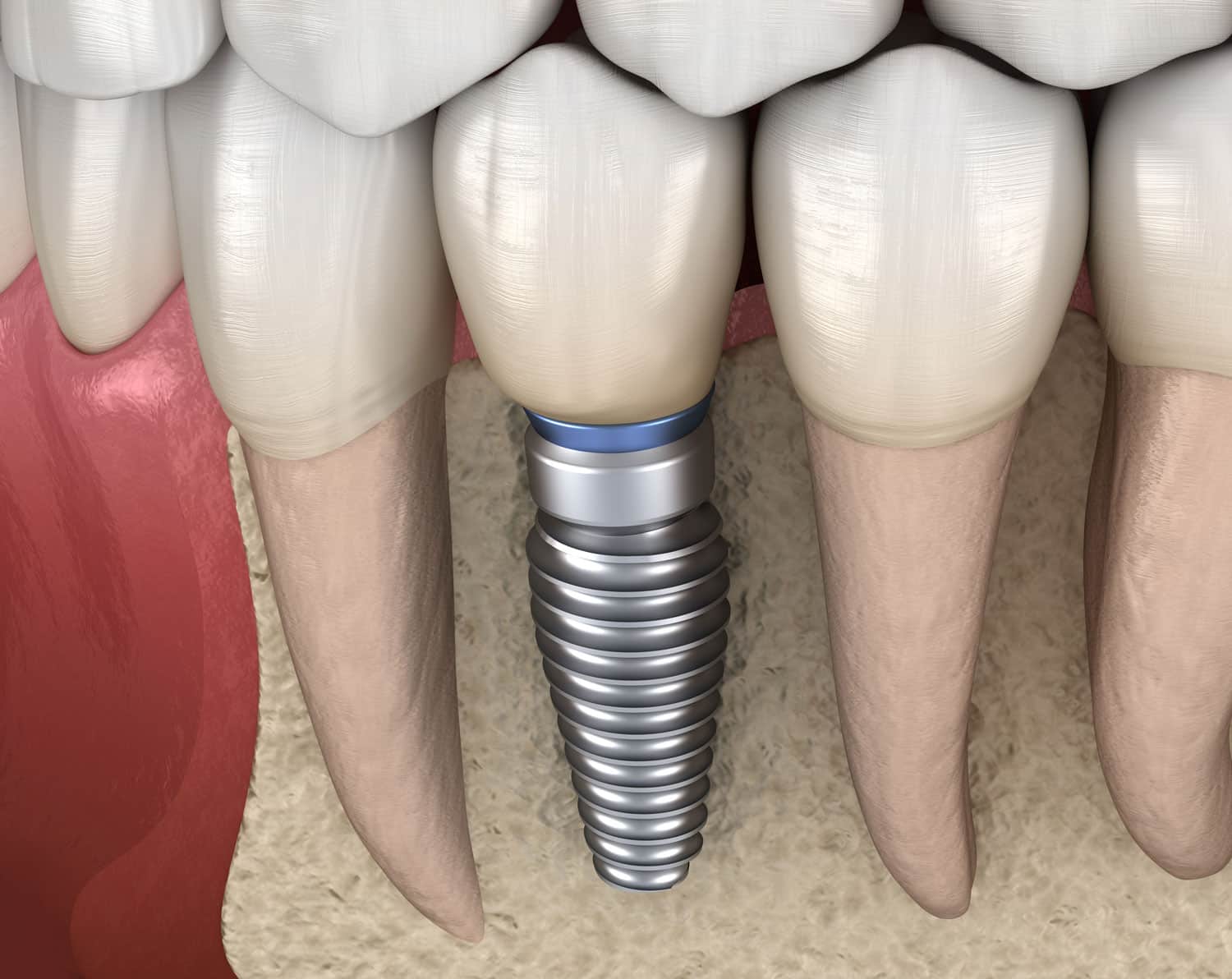
BENEFITS OF DENTAL IMPLANTS
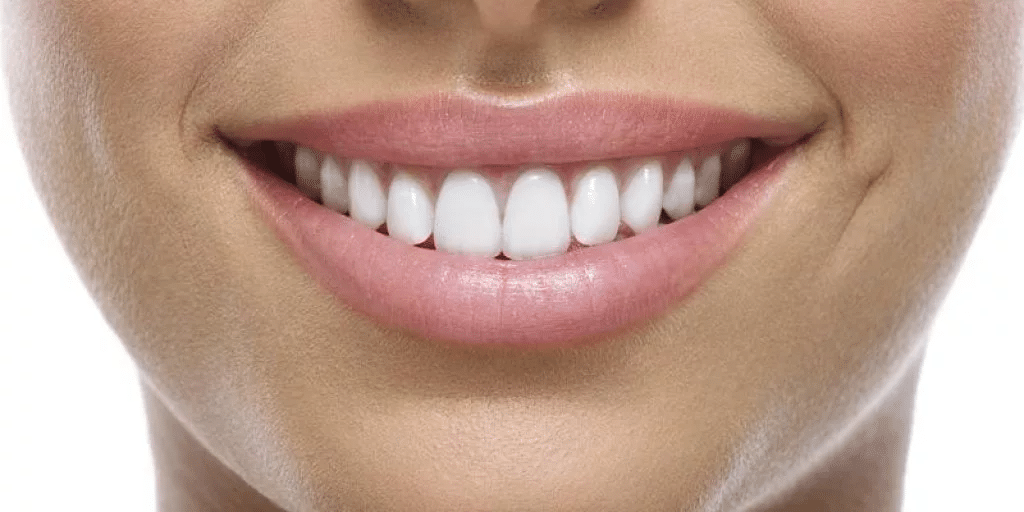
HOW LONG DO THEY LAST?
CAN IMPLANTS FAIL?
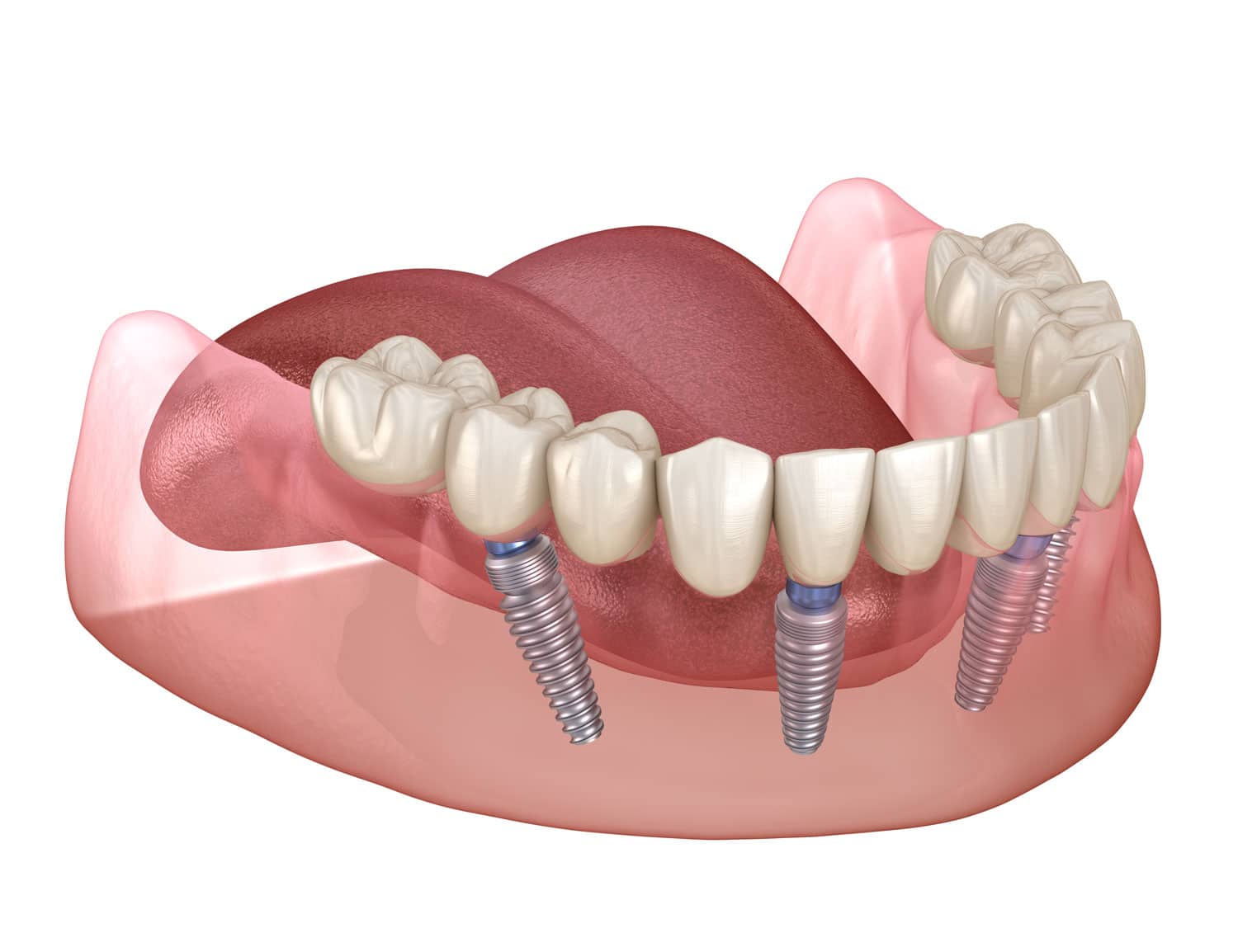
WHAT CAUSES DENTAL IMPLANTS TO FAIL?
LEARN MORE ABOUT DENTAL IMPLANTS

Popular Treatments
Cosmetic Dentistry
Dental Implants
Teeth Whitening
Hygienist
Facial Aesthetics
Emergencies
If you are already registered with us and require emergency treatment please call the practice to book in.
Opening Hours

Copyright © Yatton Dental | SEO & PPC - Takeoff Digital
